Graduate Programs
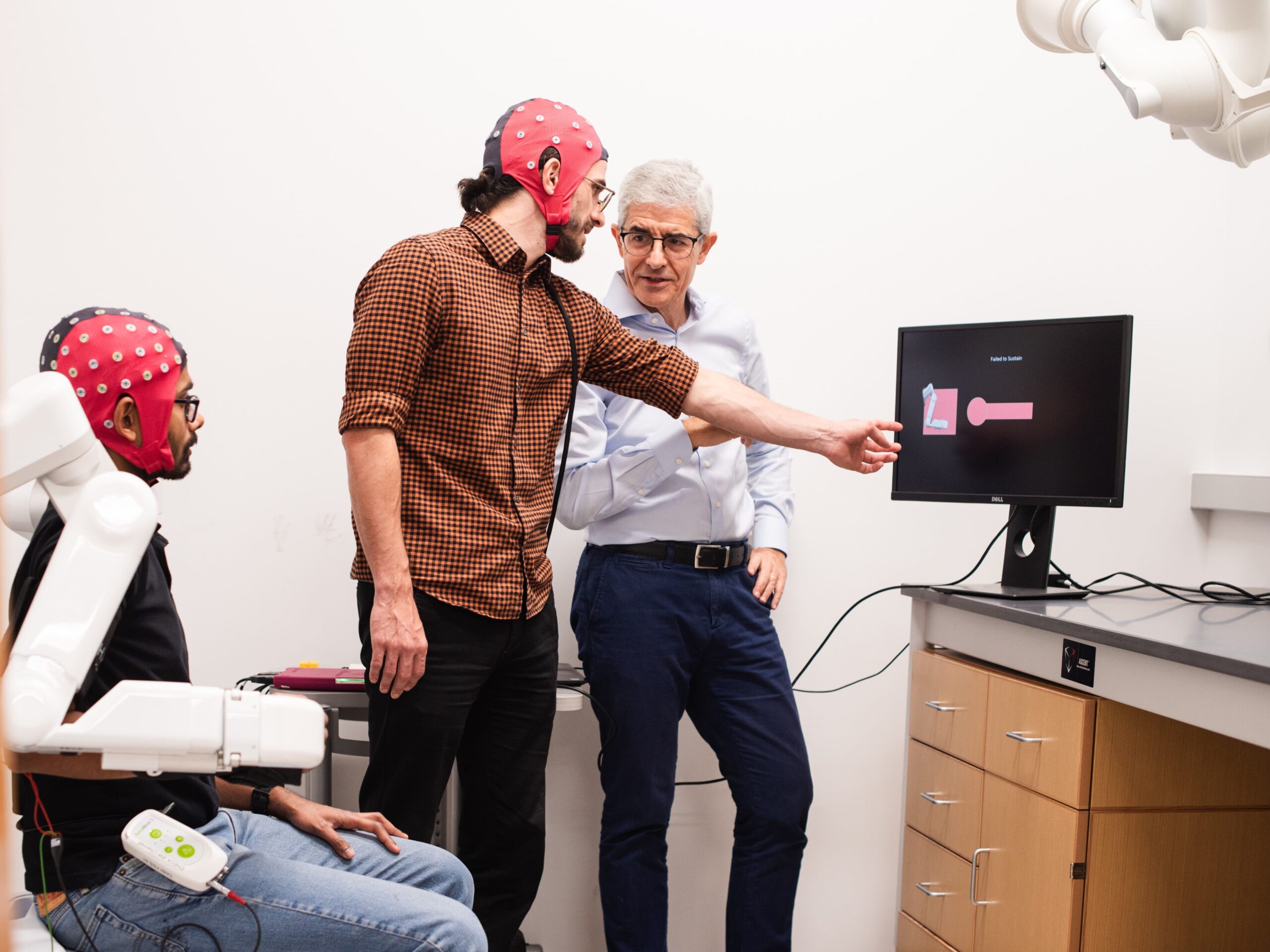
Our M.S. and Ph.D. programs are multidisciplinary and wide-ranging. We encourage prospective graduate students to explore options based on their research and academic interests and connect with program faculty advisors and coordinators as well as individual faculty members in your area of interest.
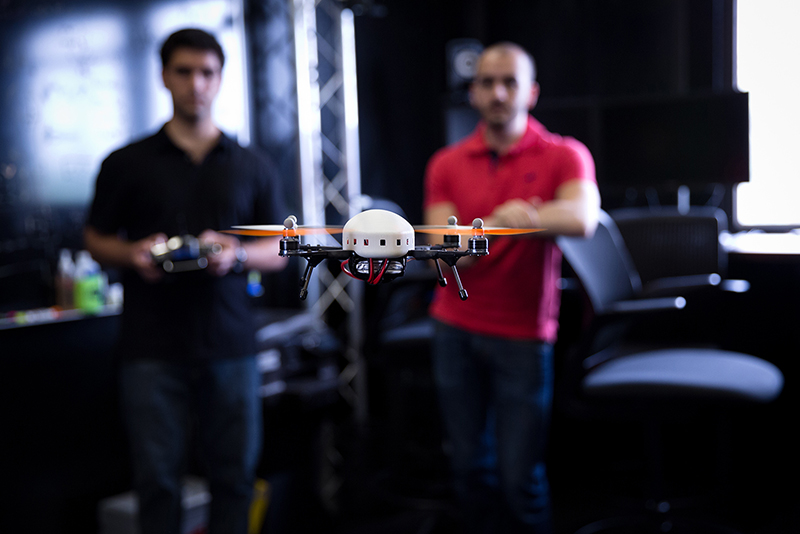
Aerospace Engineering
In aerospace engineering, students have the opportunity to work in the following areas of study: aerothermodynamics and fluid dynamics; solids, structures and materials; controls, autonomy and robotics; and orbital mechanics. Our graduates go on to pursue careers as engineers, scientists, inventors, astronauts, administrators and leaders in the field of aerospace engineering.
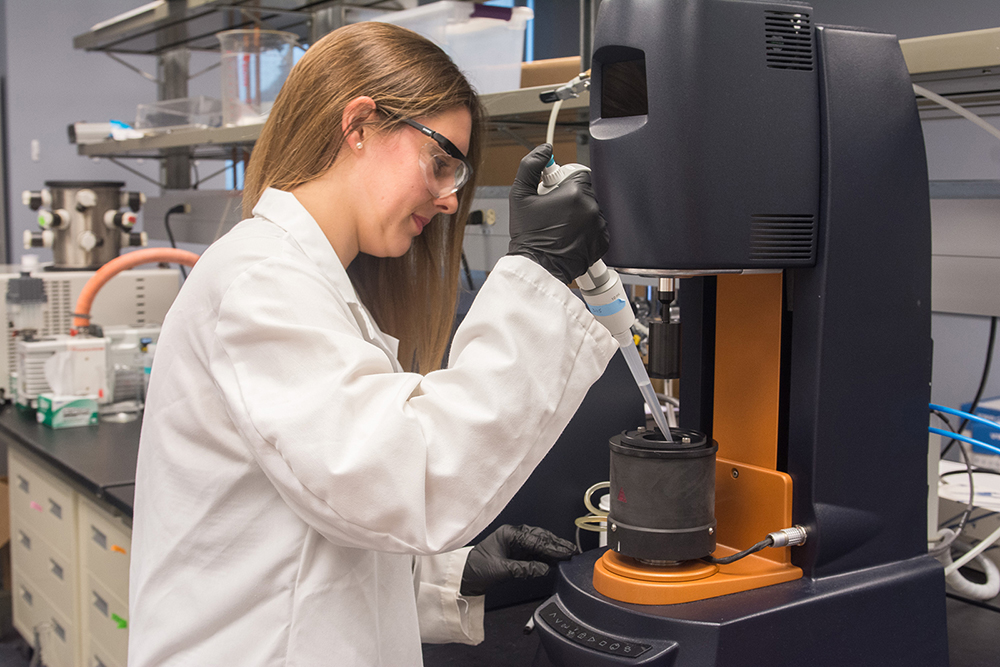
Biomedical Engineering
Students in the biomedical engineering graduate program grow and build interdisciplinary knowledge in areas of regenerative medicine, cellular and biomolecular biomechanics, computational simulation, imaging technologies and more, including cross-disciplinary collaborations with medical practitioners in UT’s Dell Medical School.
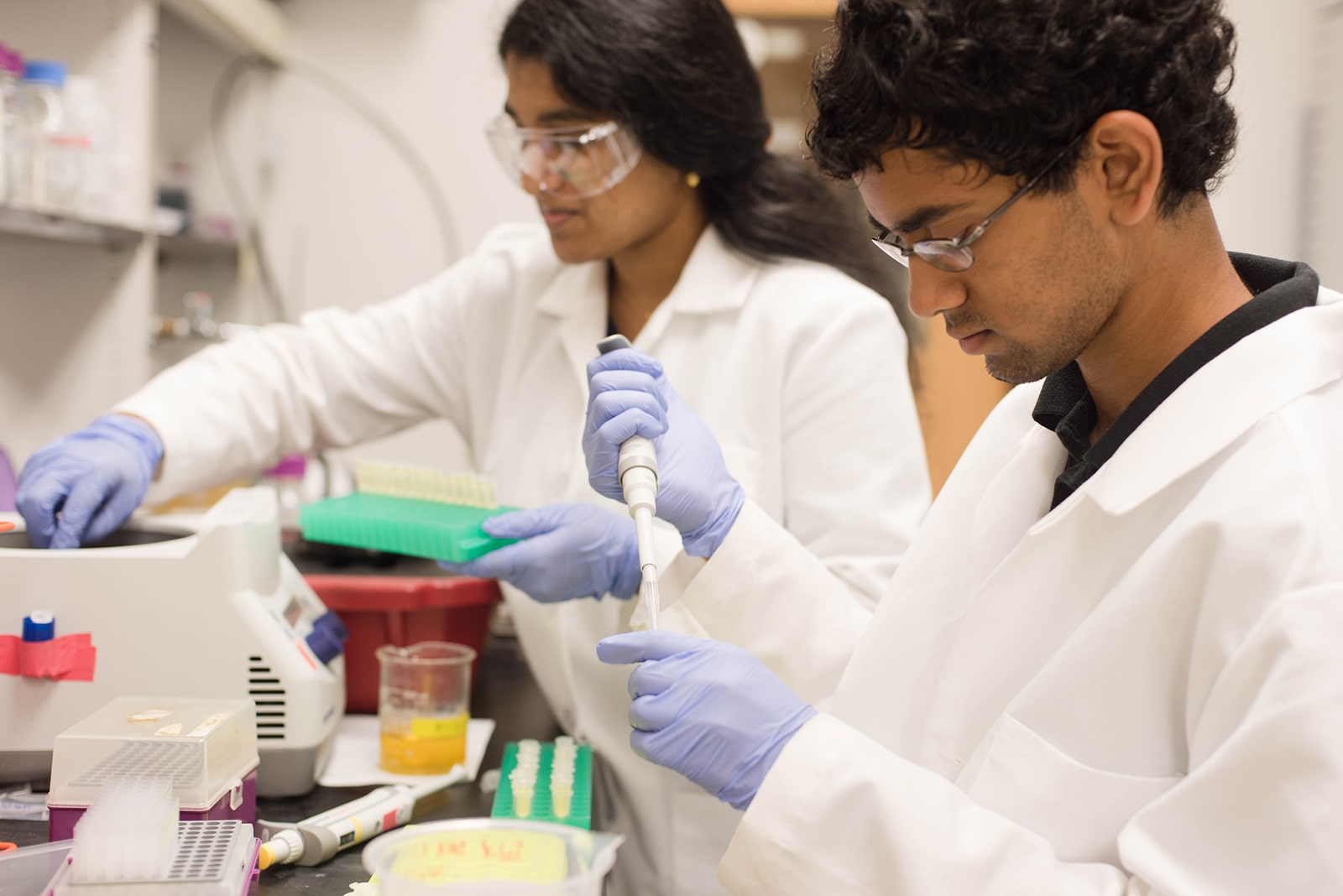
Chemical Engineering
In chemical engineering, students work alongside world-renowned faculty in a wide array of areas such as energy, process engineering, biotechnology, nanotechnology and advanced materials, helping to develop groundbreaking technologies such as glucose monitoring devices, step-and-flash imprint lithography and antibody therapies for cancer.
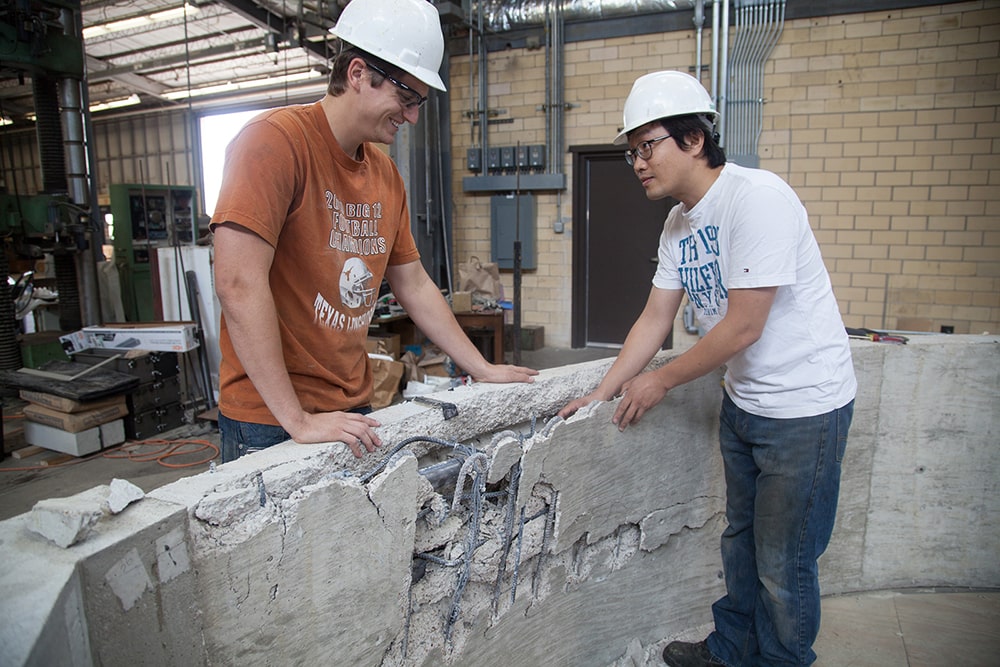
Civil Engineering
The complex problems surrounding the nexus of cities, water and energy demand that engineers have increased breadth and depth of knowledge. The civil engineering program provides students with the educational background and teamwork needed to innovate future solutions, technologies and sustainable systems.

Electrical and Computer Engineering
Electrical and computer engineering students can choose from nine academic tracks tailored to their research area of interest, including architecture, computer systems and embedded systems; electromagnetics and acoustics; solid-state electronics; and decision, information and communications engineering.

Engineering Management
The engineering management M.S. degree is designed for working professionals. It prepares engineers to move into management, better manage large engineering projects and adapt to business challenges with innovative problem-solving skills. The hybrid program (online and in-person) combines a core management curriculum with engineering technical courses to address the growing demand for highly-skilled engineers with strong business acumen.
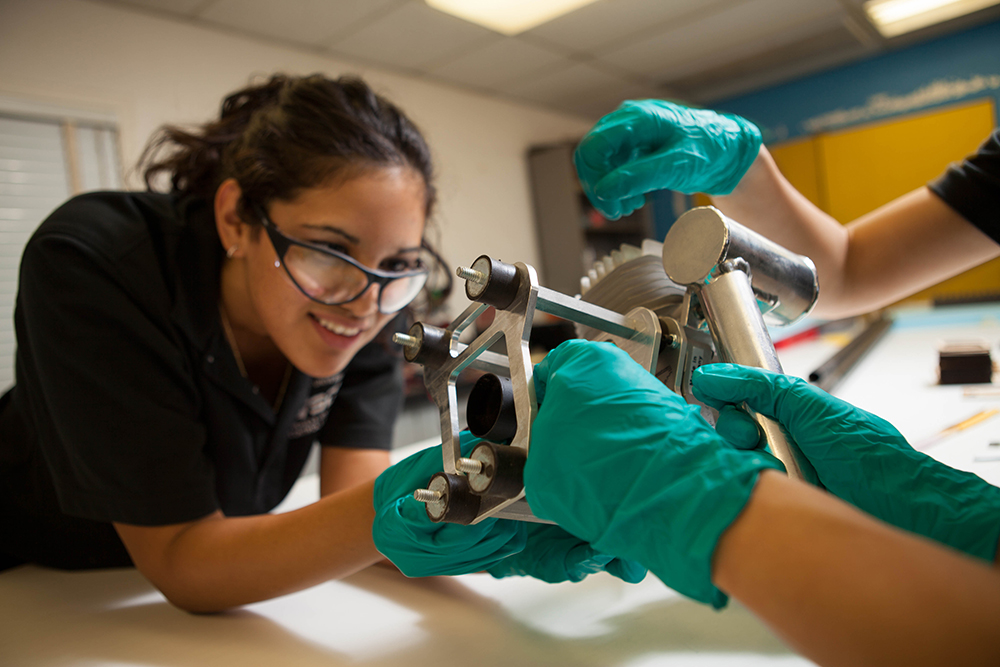
Engineering Mechanics
Students in the engineering mechanics work with faculty who have a range of expertise in experimental, theoretical and computational mechanics. Graduates of this program are equipped to solve technical problems in a variety of fields including aerospace, automotive, petroleum, manufacturing and computer engineering.
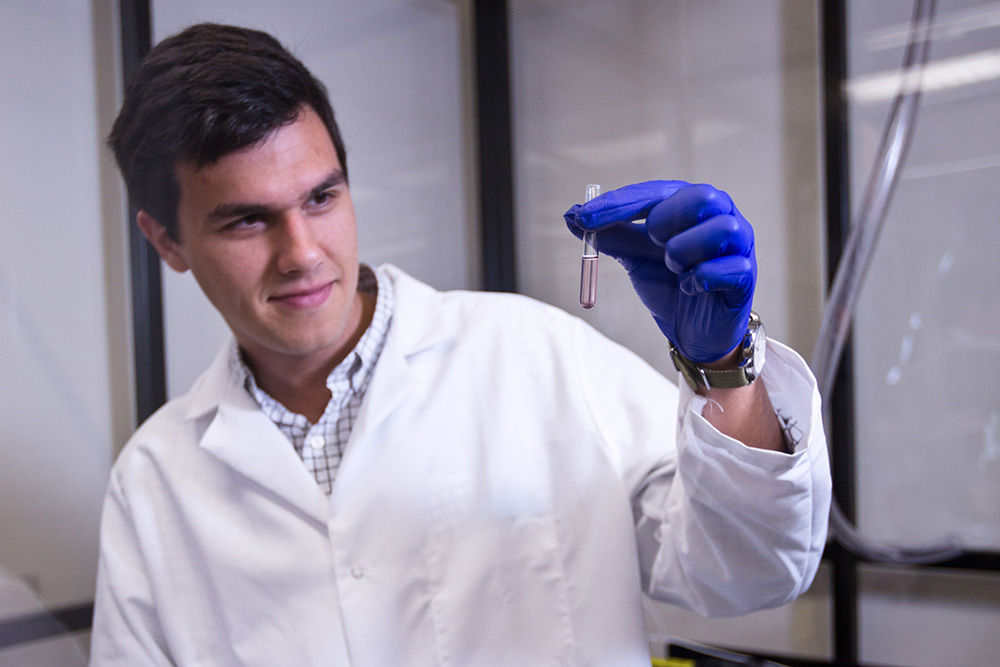
Environmental and Water Resources Engineering
Environmental and water resources engineering is a broad discipline dedicated to addressing environmental issues in air, water and soil. Students work in various sub-disciplines, such as water quality engineering, water resources engineering, outdoor and indoor air quality engineering, ocean engineering and hazardous waste management.
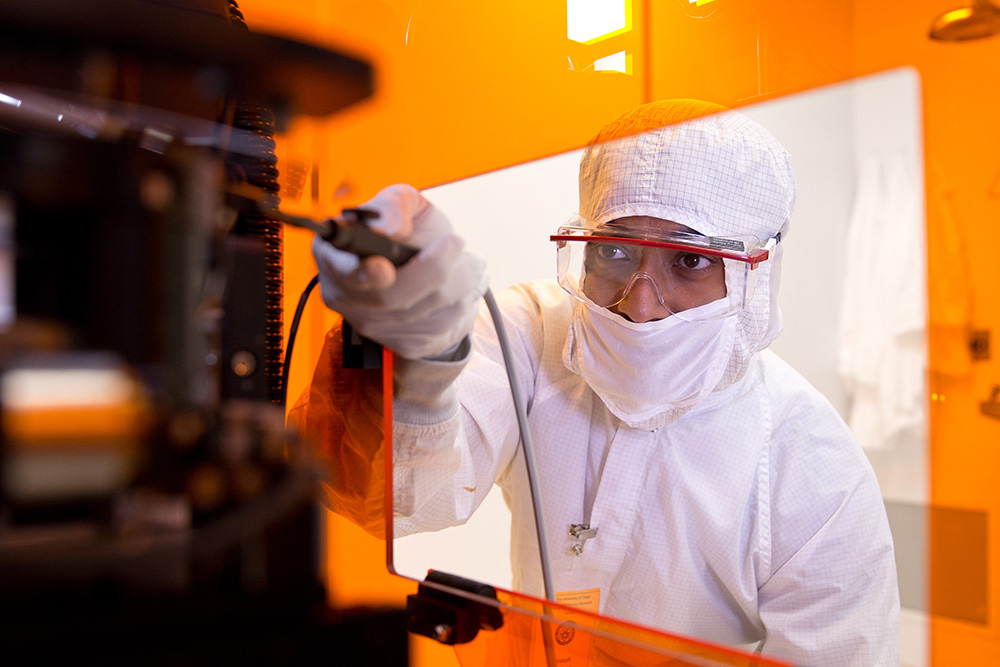
Materials Science and Engineering
Students in the materials science and engineering program study core materials subjects while also developing depth within a specific area that cuts across multiple areas of science and engineering. Research areas include nanomaterials, clean energy materials and general materials.
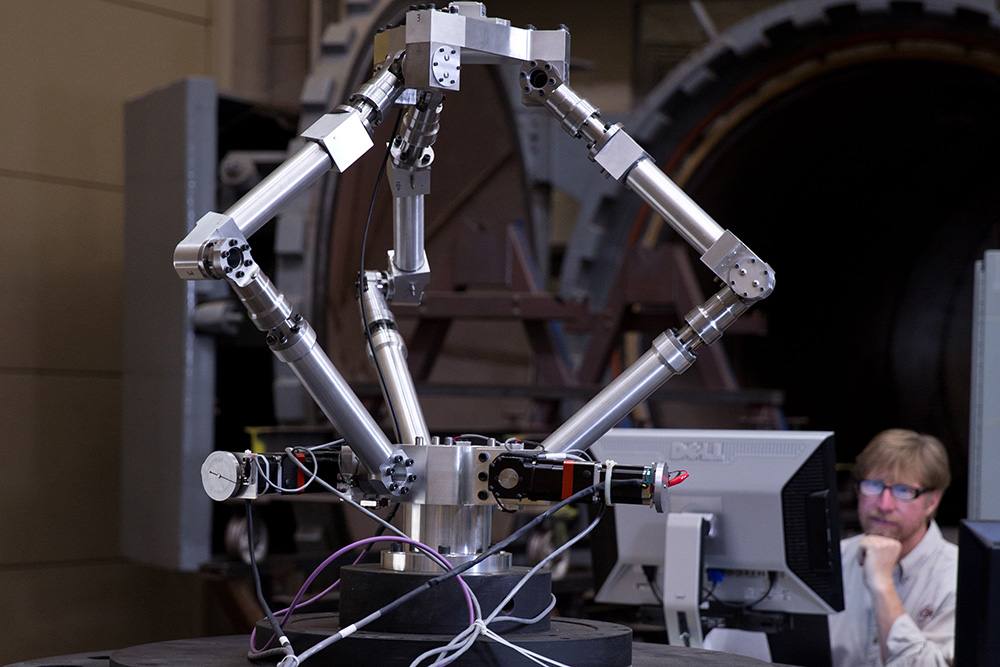
Mechanical Engineering
The mechanical engineering program educates and advances the next generation of mechanical engineering leaders, innovators who will transform energy, materials and information to meet the needs of society. Students work in areas such as manufacturing and design, acoustics, biomechanical engineering and dynamic systems and control.

Operations Research and Industrial Engineering
Through coursework and research, students in operations research and industrial engineering will develop the technical, analytical and managerial skills in modeling, risk-assessment, data analytics, computational methods and many other areas necessary to succeed in a variety of fields.
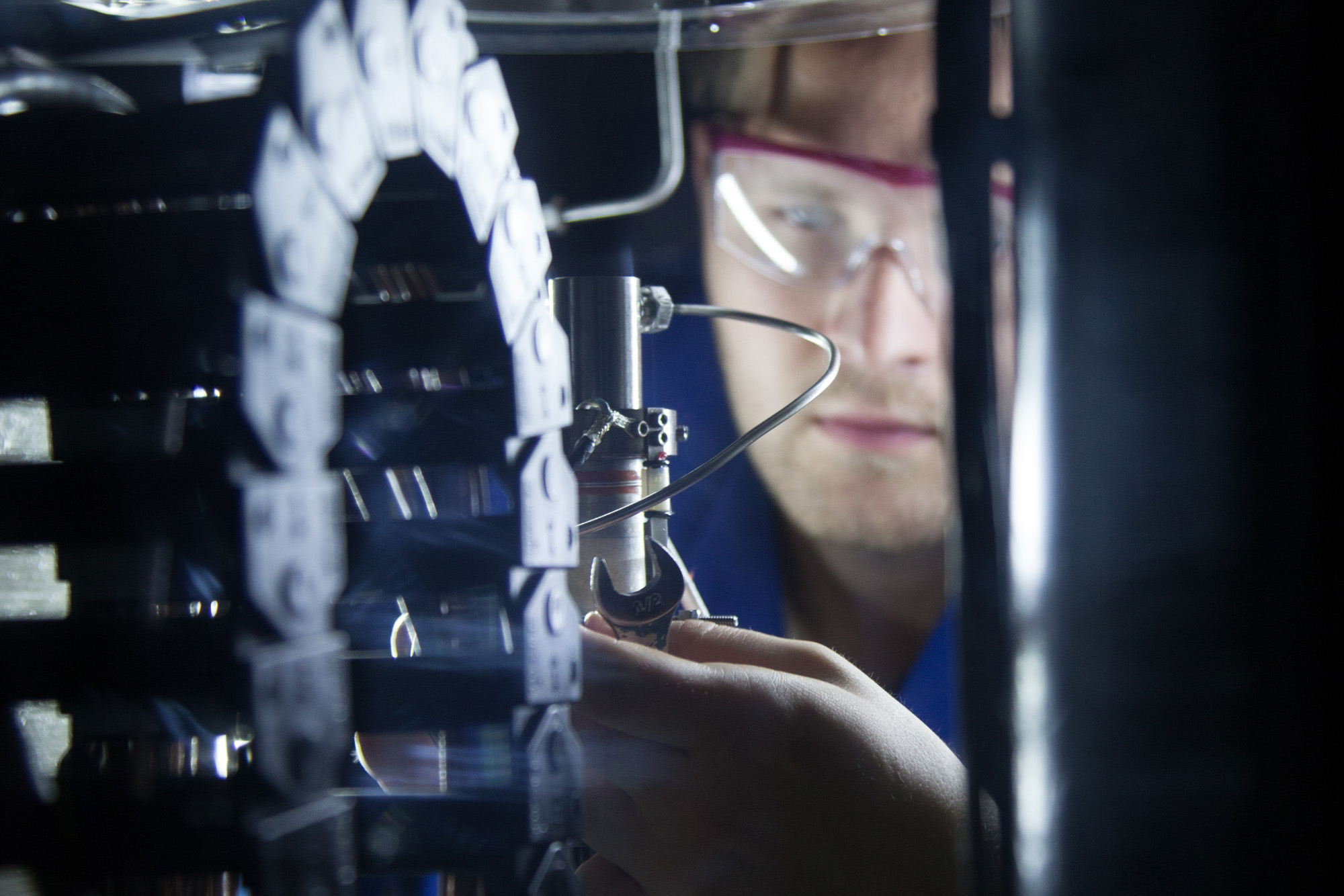
Petroleum Engineering
Students in the petroleum engineering program join from a variety of undergraduate degrees and training that can be applied in 12 research areas spanning enhanced oil recovery, drilling and completions, geologic carbon storage, natural gas engineering and unconventional resources.
Semiconductor Science and Engineering
The semiconductor science and engineering graduate program prepares students to enter the semiconductor workforce by teaching marketable skills in semiconductor cleanrooms, familiarity with standard semiconductor fabrication and metrology equipment, understanding of how common semiconductor devices work, experience performing independent research and writing technical reports.
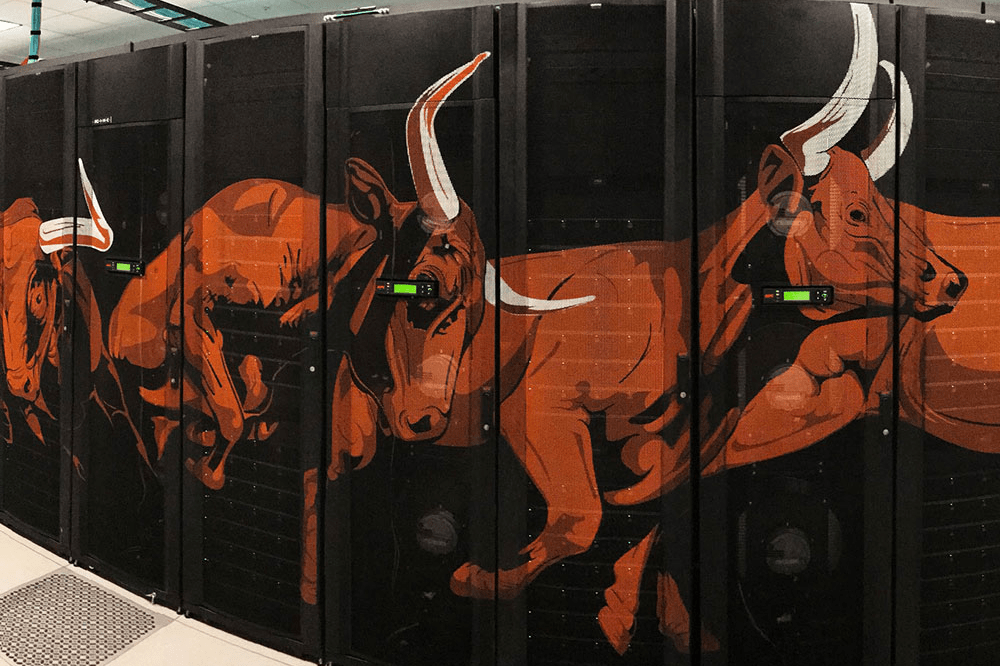
Software Engineering
The software engineering executive M.S. degree equips software engineers with the knowledge and skills to take on engineering leadership positions. The curriculum focuses on current and emerging software systems and project management techniques. Classes take place on-site one weekend per month.
